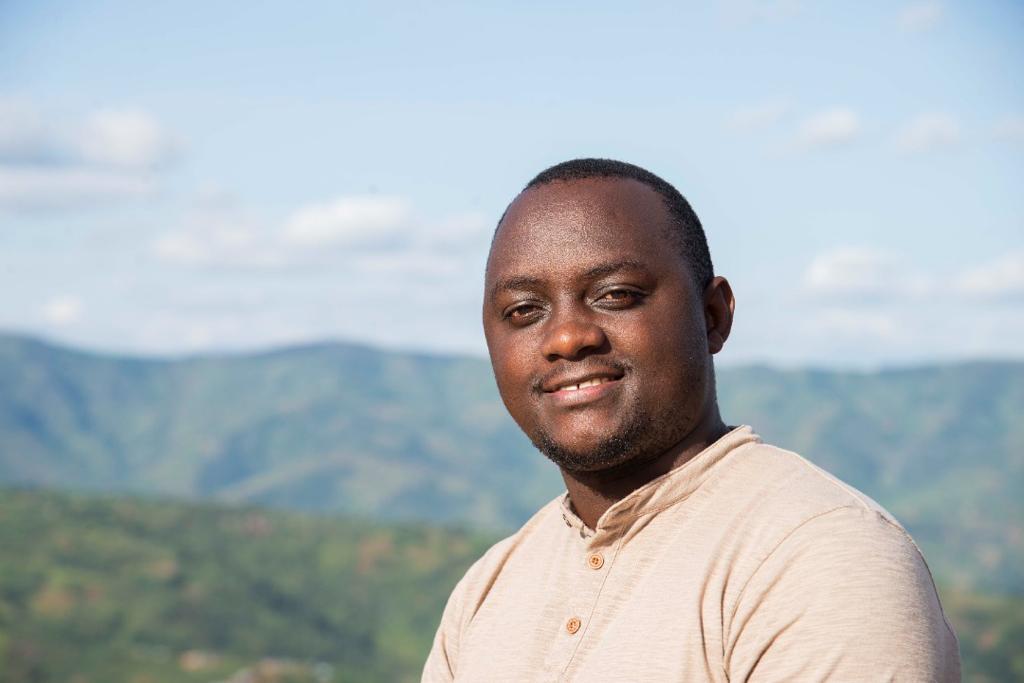The Ruli Coffee Washing Station is located in Gakenke District, Ruli, Jango, in the village of Gatagara. It was established in 2004 by 300 pioneer members. Today it has 1,800 member families and is the largest of the four coffee washing stations owned by the Dukunde Kawa cooperative. Each year the washing station exports almost 4 containers of green coffee.
The station is ideally located on a large hill overlooking an equally impressive valley, just 55km from Kigali, the capital of Rwanda.
The different stages:
Harvesting: the cherries are harvested from March to October on small plots of land at an altitude of between 1800 and 2100 metres. Producers are trained in selective harvesting: only perfectly ripe cherries are picked.
Transport to the collection centres: by truck, bicycle or even on its head, the coffee is transported to the collection centres within 8 hours of harvesting.
Sorting: Sorting is carried out by the producers themselves in order to raise awareness of selective harvesting. After sorting, the coffee is weighed and given a batch number.
Processing: The cherries are then pre-cleaned and sorted by density: foreign objects (branches, leaves, stones...) and unripe or insect-damaged cherries are removed using a Pinhalense machine, renamed "Umupolisi" (policeman) by the Coop, before being pulped.
Pulping is done with a Mckinnon 4-disc machine. The coffee then passes through a machine that removes the mucilage. The coffee is washed under high pressure and sorted by density.
Pre-drying and drying: the beans are again sorted and placed on pre-drying tables in the shade for 4 hours. The beans are then placed on raised and numbered drying tables for approximately 14 days in hot weather or 21 days in wet weather. The coffee is also re-sorted for defects and damaged beans and stirred regularly to circulate air and ensure even drying.
Storage: The coffee is stored on pallets in a well-ventilated warehouse to avoid contact with moisture.


